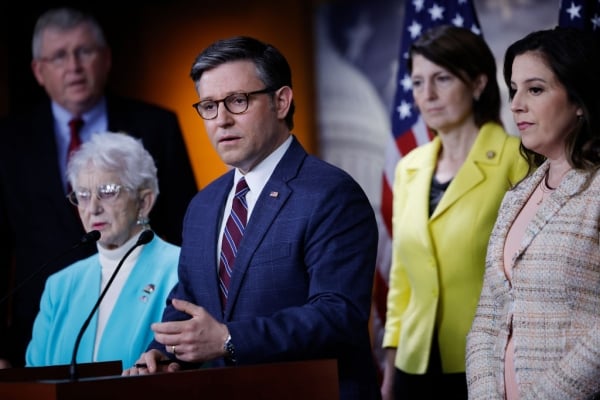The debate over gender equality in education has once again come to the forefront as House Republicans recently voted to overturn President Biden’s Title IX rule. This rule, which was implemented by the Biden administration earlier this year, aimed to strengthen protections for survivors of sexual assault and harassment on college campuses.
Title IX is a federal law that prohibits discrimination on the basis of sex in education programs or activities that receive federal funding. Over the years, it has been instrumental in providing a framework for addressing issues of gender equality in education. However, critics argue that the Biden administration’s rule change burdens universities with increased red tape and could lead to a “guilty until proven innocent” approach to handling sexual misconduct cases.
House Republicans, with the support of some Democrats, have now voted to overturn this rule change. They argue that the new regulations could limit due process rights for those accused of sexual misconduct and could potentially harm the reputations of innocent individuals. They also claim that the rule change could lead to an increase in false accusations of sexual assault and harassment.
Supporters of the Biden administration’s rule change, on the other hand, argue that it provides important protections for survivors of sexual assault and harassment on college campuses. They believe that the new regulations help to ensure a fair and equitable process for all parties involved in sexual misconduct cases, including survivors and those accused of misconduct.
The debate over the Title IX rule change highlights the ongoing challenges in addressing issues of sexual misconduct and gender equality in education. It also underscores the importance of finding a balance between protecting the rights of survivors and ensuring due process rights for those accused of sexual misconduct.
As the debate continues, it is clear that finding common ground and working towards solutions that address the needs of all parties involved will be crucial in creating safer and more inclusive educational environments for all students.



